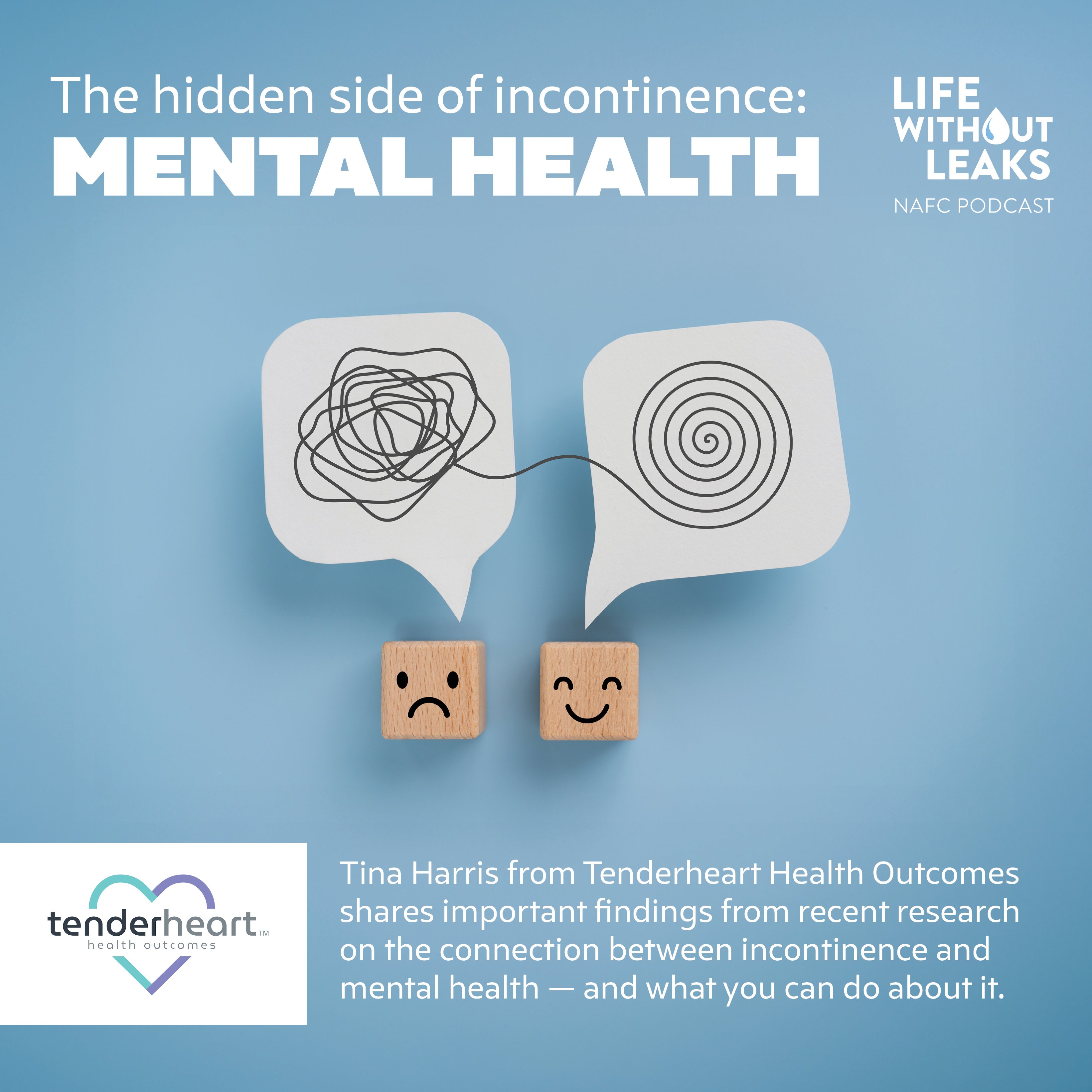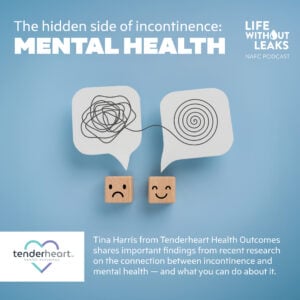Incontinence is a condition largely overlooked and under treated in the United States. Although nearly 37 million people every year are affected by incontinence (which ranges from bladder to bowel leakage issues), unfortunately only a fraction of them ever seek help. Issues like stigma and embarrassment keep many from reaching out. Others seek help but may only try one or two treatment options before giving up. And there are others that talk to their doctor but, sadly, don’t end up getting the proper care due to either lack of physician knowledge of incontinence treatment options, or an unwillingness to refer to a urological specialist. Do you want to know Why Incontinence Is A Condition We Need To Worry About?
Yet, despite the unwillingness to talk about it, or treat it, incontinence is something that we should absolutely be worried about for the future.
The Growing Number Of Incontinent Women Is Staggering
It is estimated that as of 2050, nearly 60 million women will have at least one pelvic floor disorder. 41.3 million will experience urinary incontinence, and 9.2 million will have pelvic organ prolapse. Those are big numbers. Add men to the totals and they become staggering.
Of course, with increased prevalence come increased costs. Estimates as recent as 2014 project the total economic national costs of patients over 25 that have overactive bladder along with urgency urinary incontinence to rise from $65.9 billion to nearly $82.6 billion by 2020.
Incontinence Care Is Declining
Add all of this to the decreasing rates of urologists in America and we have a real problem on our hands. A report from the American Urological Association predicts that by 2025, the number of urologists in the US will drop by nearly 30%.
Increased prevalence, increased cost, and a decrease in the help needed to treat the condition. This is what we are facing.
We Can Make A Difference
But it doesn’t necessarily have to be that way. We can make a difference now by making incontinence a more understood condition. By being brave and speaking up about it to our doctors and demanding treatment from them. By sharing our stories with close friends and relatives in effort to reduce the stigma (“Yes, you are not the only one – I suffer from it too!”). This is how we fight. This is how we increase the options available to us. This is how we reduce the prevalence.
Don’t let inactivity determine your fate. There’s no better time than Bladder Health Awareness Month to speak up about your condition. Do it today.











